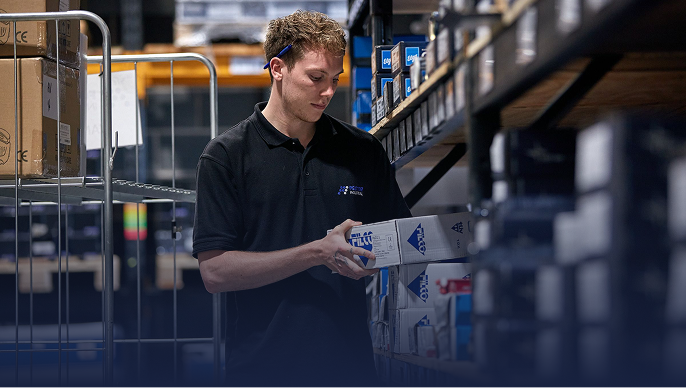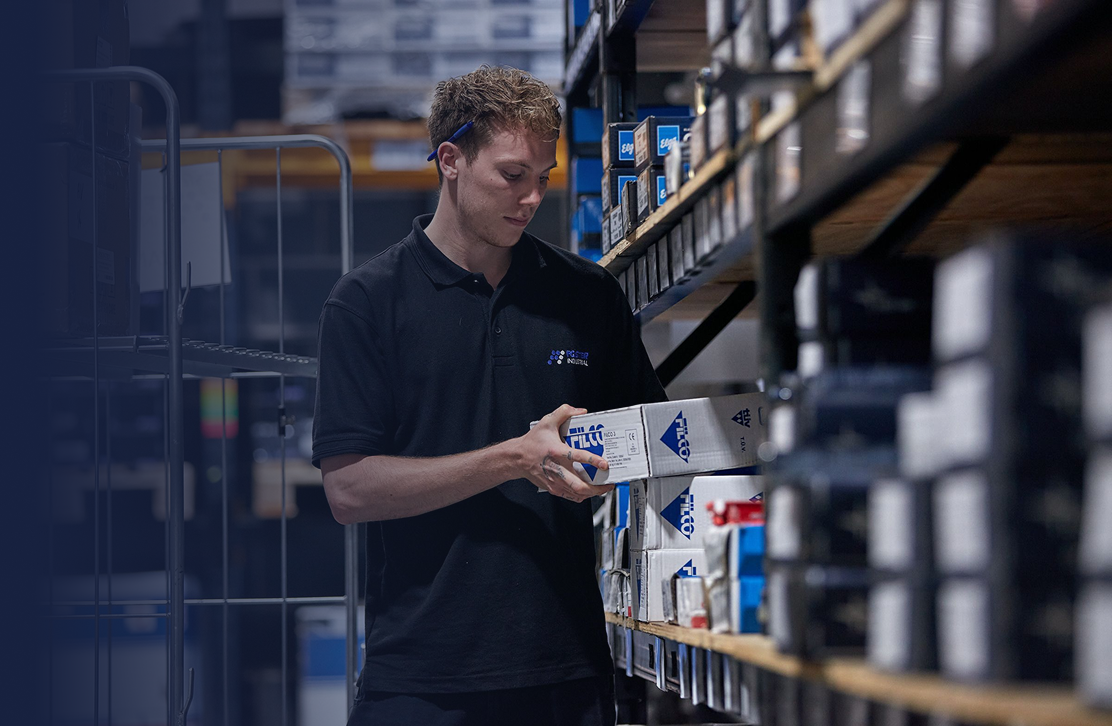Get in touch
Anti Spatter Spray
Our range of water based anti spatter spray, tip dips & ceramic coating products can help significantly reduce the accumulation of spatter on metal surfaces, jigs, fixtures and MIG welding torch consumables.
Filters
Price
Brand
Filters
Price
Brand







- 1
MORE ABOUT ANTI SPATTER SPRAY
We can advise how with the use of anti spatter you can increase the lifespan of hot end MIG welding consumables and allow for the removal of spatter from material, by selecting the correct product.
How to reduce spatter in the MIG welding process with anti spatter products?
1. Drop a hot MIG welding torch into a tin of tip dip, and you will prevent spatter build up on your contact tip & shroud, prolonging consumable life. Tip Dip acts an anti spatter paste, forming a protective barrier that will improve arc stability.
2. Alternatively for automatic, robotic or heavy duty MIG welding, utilise the unique Binzel ceramic spray. A white heat resistant coating is formed on the contact tip & nozzle, prolonging lifespan, by forming a non-stick anti spatter barrier. Designed to withstand extreme temperatures, a single application can last up to six hours.
3. To reduce spatter build up on your workpiece or jig, spray Foster 360 Anti Spatter in the area to be welded and wipe the job with a rag or wire brush it afterwards. Foster 360 is a biodegradable, non-silicone, non-flammable product with a gloopy consistency that prevents it from running into corners. A move away from solvent based anti spatter sprays means it's completely safe to use & as it's non-silicone, you can paint the job afterwards with ease.
What is welding spatter & how can it be reduced with the right settings & MIG welder?
It can be very difficult to limit the amount of spatter produced by an MIG welder, without the help of certain ant spatter products and solutions. The term ‘spatter’ is used here to refer to the remains of the wire electrode which have not fused with the weld puddle. It is important to control spatter, because too much can have a detrimental impact on weld results.
One of the best ways to reduce spatter, however, is to make sure that your MIG welder is set and operating correctly. In other words, do not be afraid to experiment with the different settings before you start a job – Globular welding can be avoided.
You can use a brief stitch weld pattern test to determine whether your MIG settings are suitable. If you then assess the area surrounding the weld joint and see a large amount of spatter, it is a good idea to decrease the wire speed a little and test the machine again until you reach optimum settings.
Another way to reduce spatter is by using a pulse MIG, such as the Miller Migmatic 300iP.
Pulse MIG offers less input and lowers distortion, resulting in less spatter and the need for re-work.
-









